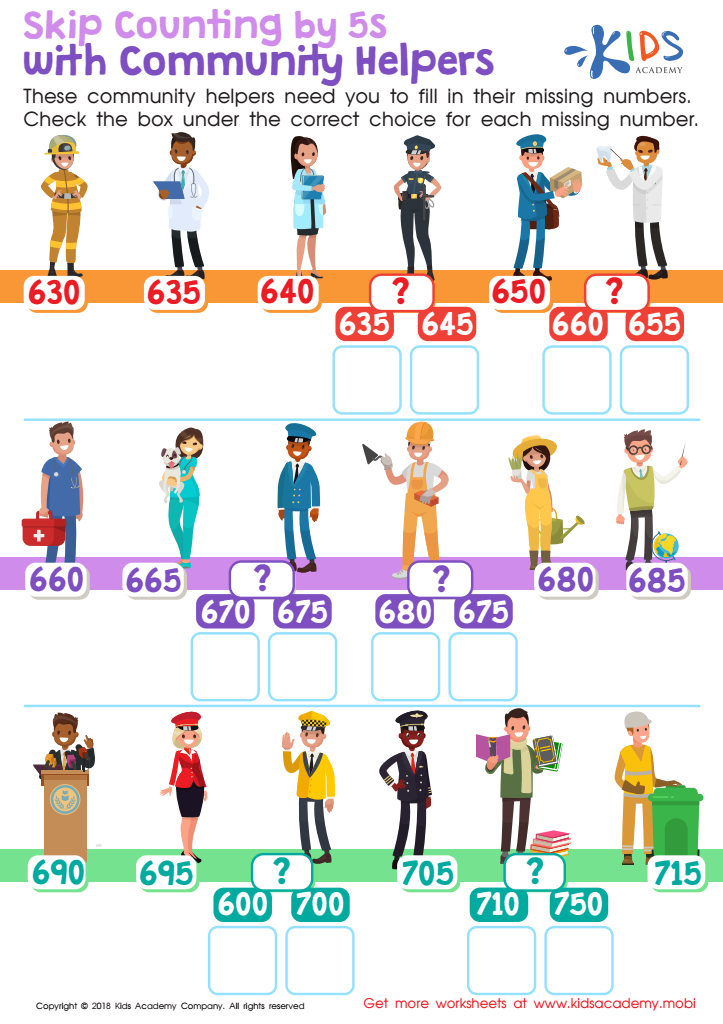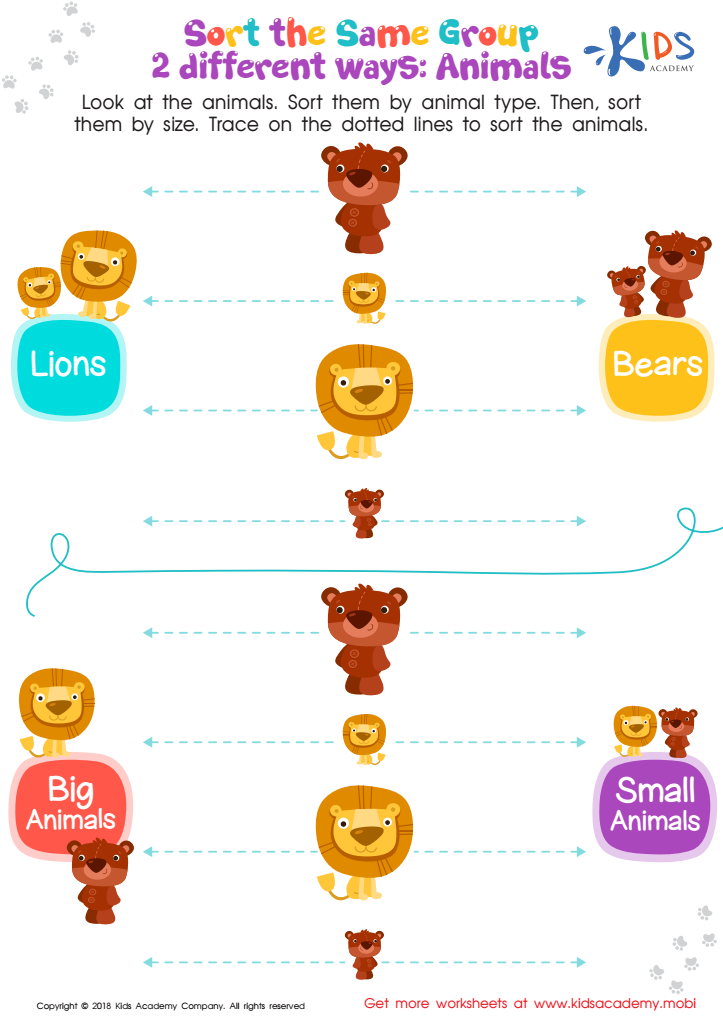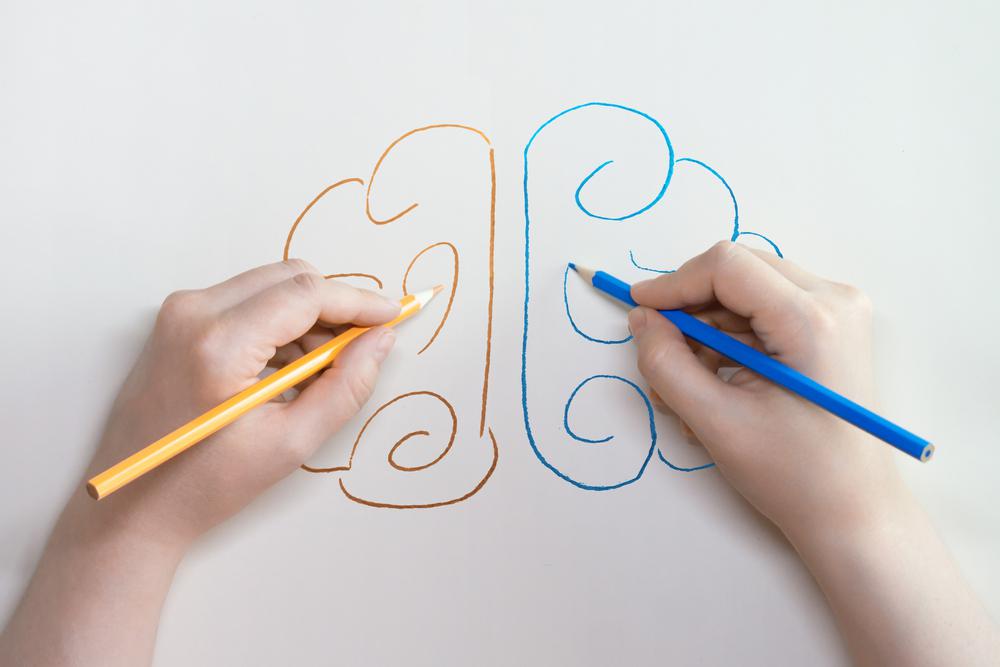Recognition skills Normal Worksheets for Ages 3-9
3 filtered results
-
From - To
Unlock your child's potential with our Recognition Skills Normal Worksheets designed for ages 3-9! These engaging worksheets help young learners identify shapes, colors, letters, and numbers, laying a strong foundation for future academic success. Tailored for preschool and early elementary grades, each worksheet features fun, age-appropriate activities that encourage interactive learning. Our dynamic tools cater to different learning styles, making it easy to enhance recognition skills at home or in the classroom. Discover your child's strengths and support their developmental milestones with our printable resources. Join countless parents and educators in fostering a love for learning with our exceptional worksheets today!


Skip Counting by 5s With Community Helpers Worksheet


Sort the Same Group 2 Different Ways: Animals Worksheet
Recognition skills, essential for children ages 3-9, form a fundamental part of early childhood development. These skills include the ability to identify and differentiate between objects, letters, numbers, shapes, and colors. They are crucial for laying the groundwork for literacy and numeracy, which are vital for academic success.
Parents and teachers should care about fostering recognition skills because they directly influence a child’s confidence and competence in learning. Strong recognition skills enhance a child’s ability to engage with educational materials and environments, paving the way for successful interactions in school. Early mastery of these skills supports language development, as recognizing letters and sounds is crucial for reading.
Furthermore, recognition skills contribute to critical thinking and problem-solving. As children learn to identify and classify objects and patterns, they develop a more profound understanding of the world around them. They also encourage social interaction; recognizing peers and familiar environments can significantly impact a child's self-esteem and ability to relate to others.
In conclusion, nurturing recognition skills in early childhood benefits not just academic performance, but also social and emotional growth, ensuring children are ready for the challenges of lifelong learning. Parents and teachers play a pivotal role in this developmental journey.
 Assign to My Students
Assign to My Students





















